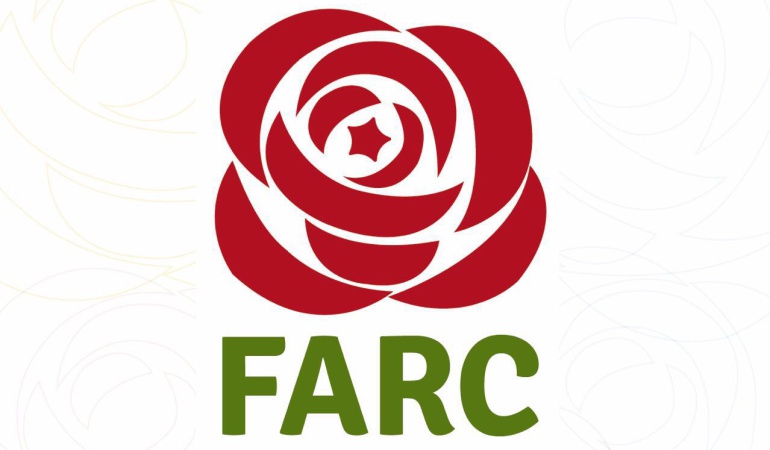@radiobrendan
There have been a few developments since we took our what-you-might-call slightly tongue-in-cheek look at the early candidates for Colombia’s 2018 presidential election.
Rather than having a clearer picture of the state of play, things have got even more muddled (heck, we might throw our hat into the ring yet; well, if everyone else is …).
Former defence minister under outgoing President Juan Manuel Santos, Juan Carlos Pinzón, has entered the running, distancing himself from the now unpopular Santos in the process; a man’s got to do what a man’s got to do.
On the female front, Angela Merkel lookalike Clara López is making another bid for the top job while the Conservative Party’s Marta Lucía Ramírez is gearing up for a third attempt; suckers for punishment, eh? Very much on the other side of the political spectrum to Ramírez we’ve Piedad Córdoba on the list for the ‘loony left’ (don’t shoot the messenger; it’s how Córdoba and her ilk are generally viewed here).
Speaking of the left, arguably the most eye-catching move has been the founding of the political party for the former guerrillas, Farc. In a bid to distance themselves from the image of death and destruction that they represent for most Colombians, they’ve come up with a novel name: Farc.
The, um, devil is the detail. This Farc stands for Common Alternative Revolutionary Force (Fuerza Alternativa Revolucionaria del Común), different to what the armed Farc stood for, which was Revolutionary Armed Forces of Colombia. Spot the difference?
We could say it’s a case of ‘keep it simple, stupid’. At least it will make it easy for both supporters and opponents alike to know who they are. No need to copy the Northern Ireland scenario where people said (and some still say) Sinn Féin-IRA, linking the party to the armed group it represent(ed). Farc was/is Farc, a rare instance of efficiency in Colombia that, to look at it positively.
Of course, as mentioned here on umpteen occasions and alluded to above, ‘the left’ is a dirty concept for not only middle-class Colombia but large swathes of its lower-classes as well. Come on guys, not all leftists are unwashed, miserable hippies. We shouldn’t generalise now.
So the fear in some quarters that the political Farc could be a force to be reckoned with at the polling booth next year — we’ve parliamentary elections in March, before the presidential contest — seems quite irrational. Yes, it did register a less negative image than the other political parties in a recent opinion poll (the biggest thing that this poll highlighted was the lack of confidence in politics here in general).
However, if there’s one thing we can rely on in Colombia, it’s the electorate’s unfailing support for the centre/centre-right when it comes to election day. Thus, the guaranteed seats Farc is to be given, five in each chamber as per the 2016 peace agreement, might be the party’s lot for now.
What’s more, the mess that we have in ‘socialist’ Venezuela weakens further Farc’s chances of making any significant political inroads in the near future. We must note here that just because a government says it is socialist doesn’t mean it actually is that way in practice. The ‘whatever you’re having yourself’ political experiment that Venezuela currently is has done more to damage the left than the right ever could.
That aside, what ‘post-conflict‘ (no sniggering down the back there) Colombia needs is a massive clampdown on corruption — we’re talking generations to achieve that; a culture doesn’t change overnight — and, as far as we’re concerned, a healthy dollop of social democratic thinking and policy.
The question is, do we have a political party here that can actually deliver that? You cynics will say no, but we live in hope — honestly, we do. Failing that, Venezuela might sort itself out in the next decade or so.
_________________________________________________
Facebook: Wrong Way Corrigan – The Blog & IQuiz «The Bogotá Pub Quiz».


